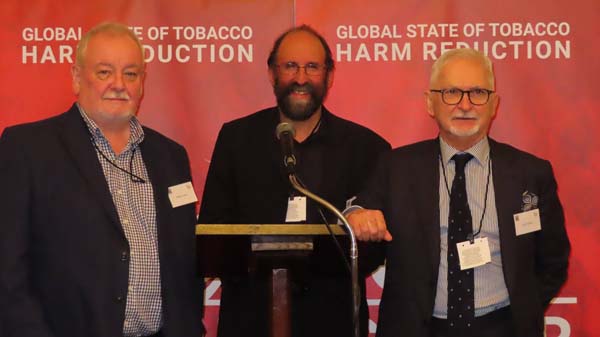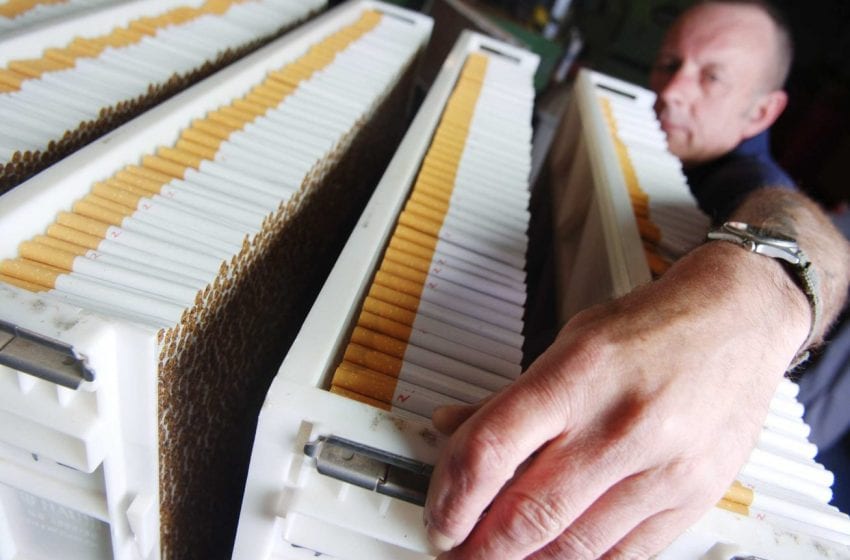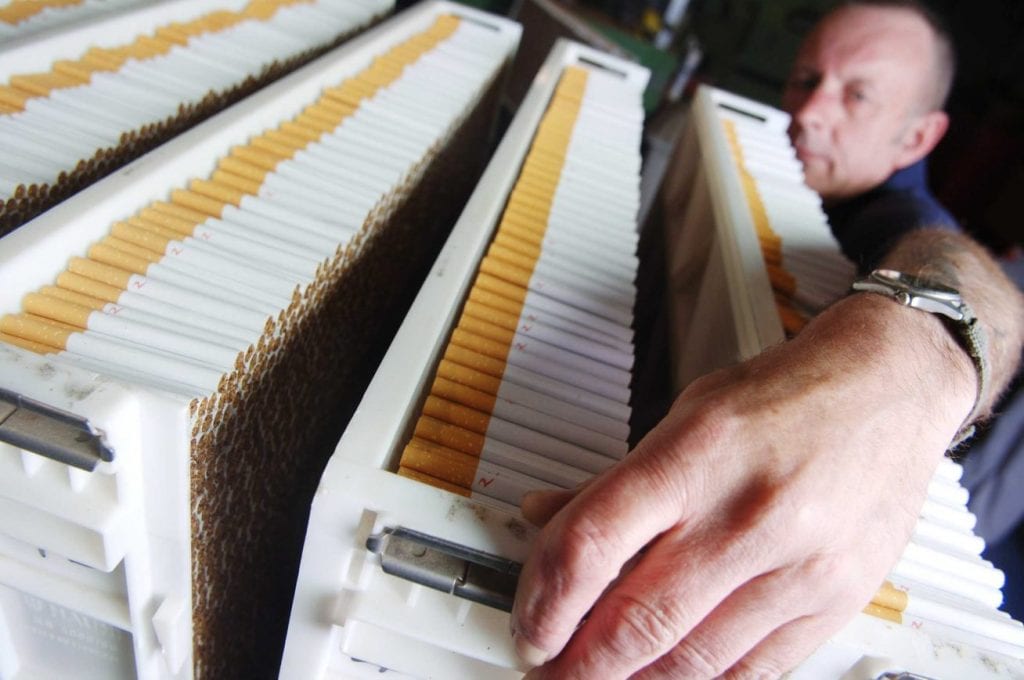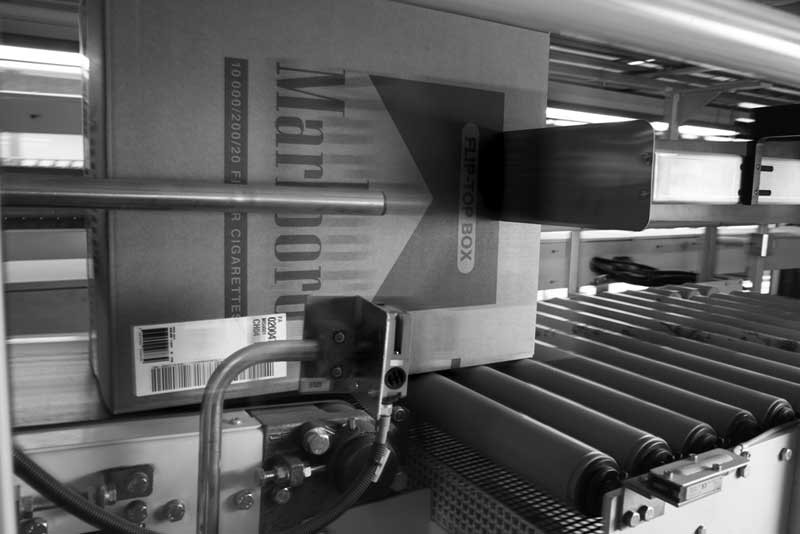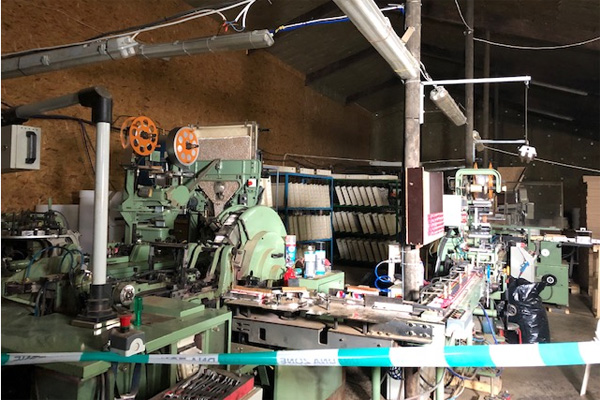The U.S. discount cigarette manufacturers Liggett Group, Vector Tobacco and Xcaliber International have filed a complaint against the State of Colorado and several Colorado officials, including Governor Jared Polis, Attorney General Phil Weiser, and members of the Colorado General Assembly, alleging violations of federal and state law in connection with Proposition EE, a $294 million tax hike on the ballot this November in Colorado.
The complaint, filed in the federal district court in Denver, Colorado, seeks to invalidate a specific anti-competitive and anti-consumer provision of Proposition EE that would fix the minimum price of cigarettes in Colorado at $7 per pack, beginning Jan. 1, 2021.
The complaint alleges that the state made a back-room deal with Philip Morris USA, the largest U.S. seller of premium cigarettes such as Marlboro, to fix cigarette prices at premium levels, effectively eliminating competition from discount cigarettes which have increasingly taken market share from Philip Morris. In return, Philip Morris agreed not to oppose the proposed cigarette excise tax increase of $1.10 per pack. Proposition EE would nearly double the price of cigarette brands sold by discount manufacturers, creating an unfair burden on value conscious Colorado consumers. Furthermore, only about half of the state-imposed price increase would flow through to the State Treasury.
The complaint asserts that the price-fixing component of Proposition EE is not disclosed in the ballot question, but buried within a proposed tax hike, because the governor and other proponents of the new law knew that it would draw widespread criticism. The plaintiffs are asking that the federal court invalidate the price-fixing component, if approved by the voters, as an unconstitutional and illegal exercise of state power and the result of improper legislative due process.
“We are deeply concerned that Colorado politicians have agreed to price-fixing in what has been reported as a ‘back-room deal’ with Philip Morris to secure its support for a tax increase,” said Nicholas Anson, president and chief operating officer of Liggett Group and Liggett Vector Brands, in a statement. “The price-fixing component of Proposition EE would not only benefit Philip Morris and hurt value conscious consumers; it was intentionally omitted from the ballot question, leaving Colorado voters in the dark about this unconstitutional proposal.”



